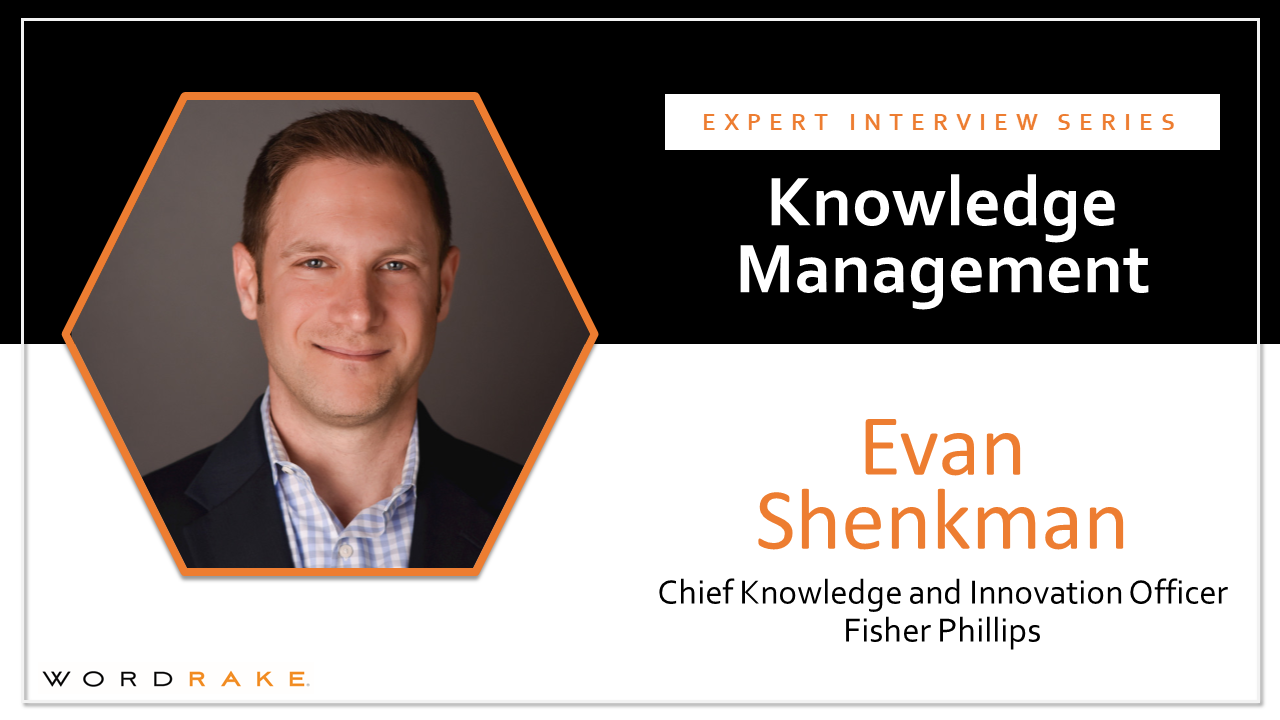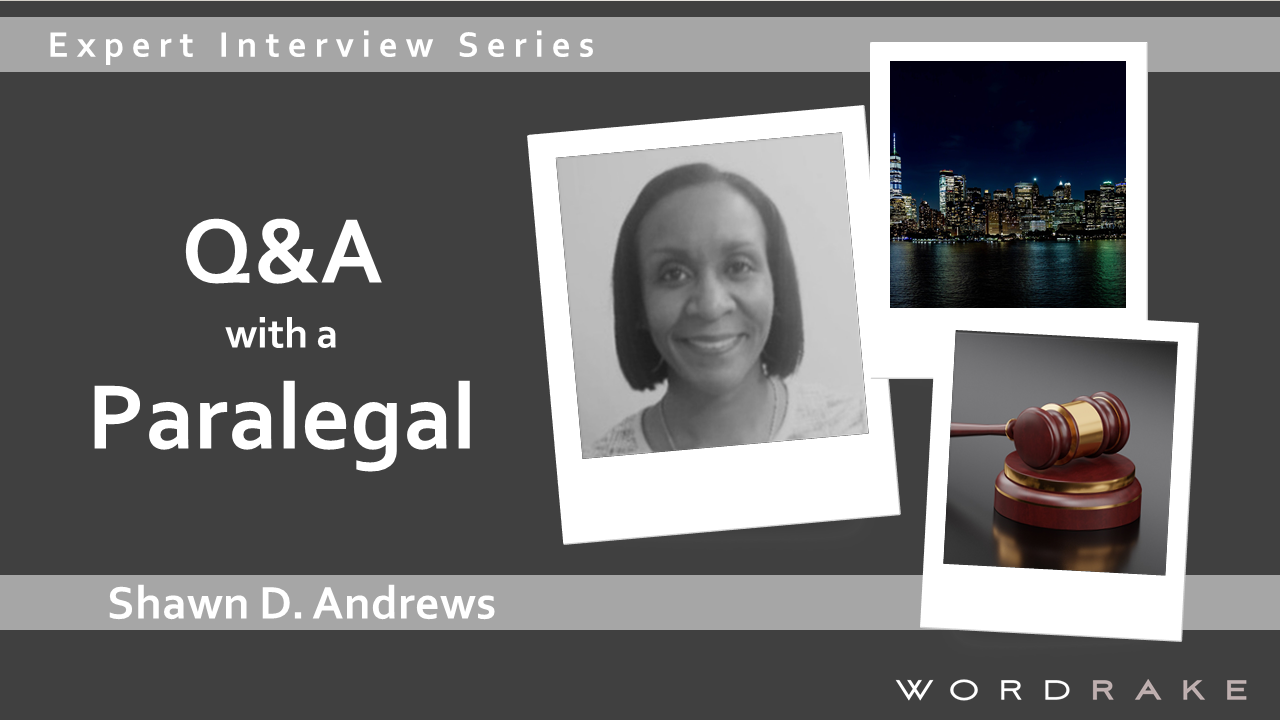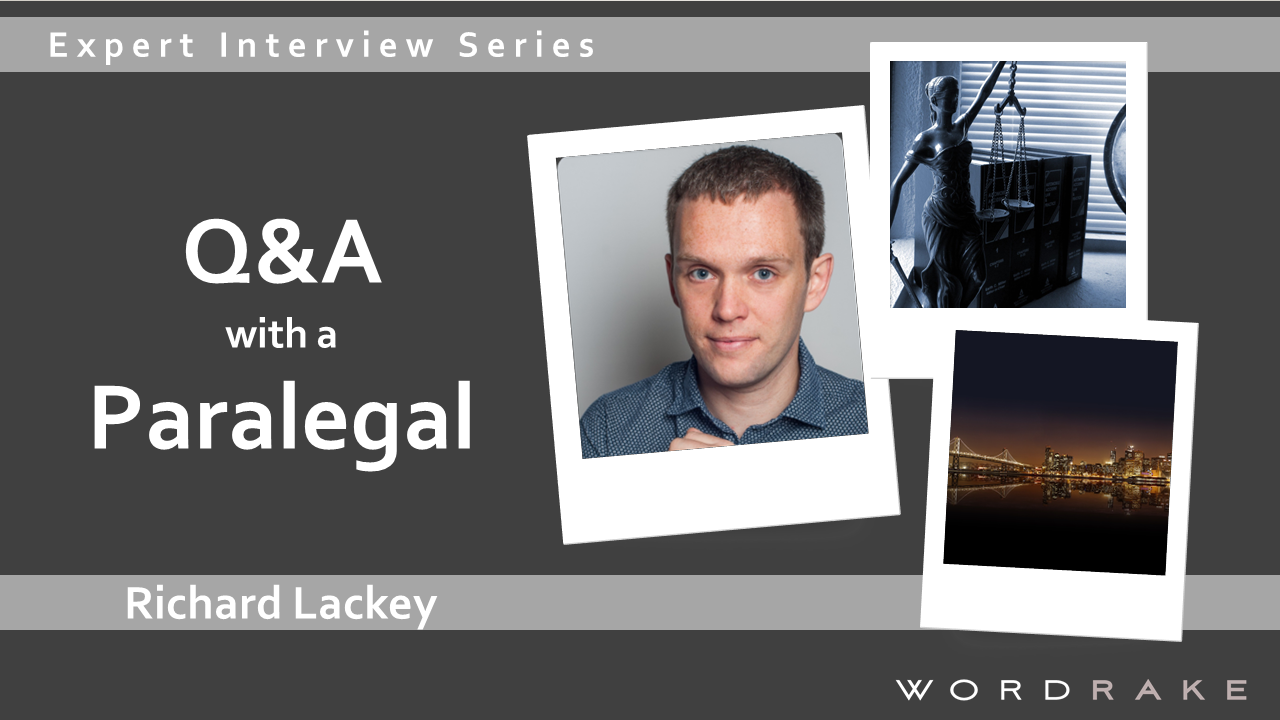Technology is constantly evolving, and it’s up to every company to stay relevant and competitive in their field by adopting technology to improve their practice. Lawyers are knowledge workers, and their valuable knowledge, from knowing local rules and precedents, to partner capabilities and judge preferences, must be recorded to be readily usable and make litigation more affordable and accessible to clients. Knowledge management expert and former litigator Evan Shenkman sheds light on how tech has propelled legal knowledge management to new heights, to the point it has become a necessity to attract and retain clients.
Continue readingEven if we’re winning at our job, know more than the average Joe, and are a member of an influential alma mater, clients and peers often judge us most by how well we write. In a nutshell—do they understand what we are saying? Success is a sure bet if we write well. Those skilled at unravelling verbiage, waffle, and corporate speak, who can relieve gobbledygook of its burden, cleave away self-importance, and medicate severity, are welcome in any team.
Continue readingSuccessful professional writing starts with clear thinking.
In the rush of deadlines and projects, it’s tempting to jump right in and knock something out. Faster is better, right? Instead, take a moment to set a course before you write.
This post offers a simple, four-question checklist to complete for every work-related project, whether a social media post, a legal brief, or an email to a client. Make it part of your writing process and you’ll find it makes the whole process faster, easier, and more successful.
Continue reading“The biggest misconception is that paralegals are clerical staff. And, although a paralegal may perform clerical duties—and make no mistake, clerical staff are important to a law firm—a paralegal’s function can go far beyond clerical duties.
A properly trained paralegal will have a handle on several substantive areas of the law and can assist in functions such as drafting documents, investigating claims, engaging with clients, preparing witnesses, and planning trial strategy.”
— Keith Shannon, paralegal educator
Continue reading
Pronouns help writers shorten their sentences and vary their word choices so writing doesn’t seem repetitive. A pronoun is a short, generic word that replaces a noun. It can have one of three jobs:
Continue readingWhat difference can three or four letters make? When they form pronouns, these short words can have a big impact. Pronouns are words used in place of other nouns. They reduce repetition, which improves the clarity, pace, and flow of a sentence or paragraph. Without pronouns, sentences would be longer and messier and communication would become more difficult. In a world without pronouns, reading and speaking would be painfully boring. To see the difference pronouns can make, consider these two sentences.
Continue readingIf you confuse the words affect and effect, you’re not alone. These two words are some of the most commonly confused words in the English language! Because they sound alike, it can be even harder to keep them straight.
Continue readingWhat happens before a brief gets filed or a case gets argued? The visible, exciting, and sometimes glamorous parts of legal practice are built on the hard work of a behind-the-scenes team. In this interview, veteran paralegal Shawn D. Andrews explains how litigation paralegals keep the judicial process moving forward and provides tips for how you can be a high-value member of the legal team.
Continue readingThe legal world is vast and there are many ways to contribute to it aside from being a lawyer. The narrow view of who may contribute to law seems even smaller when it comes to contracts (as compared to litigation), but that’s about to change. In this interview, Richard Lackey explains his new role in legal technology as a contract review specialist at LegalSifter and shares what he’s learned from his multi-dimensional experience as a legal translator and paralegal.
Continue readingParalegals bring with them diverse skillsets, perspectives, and experiences that can elevate a law practice. One often-overlooked path is that of a lawyer educated outside of the United States who chooses to use their skills in a paralegal role. In this moving interview with lawyer-turned-paralegal Renee Tiun, she discusses her path to becoming a paralegal and how her unique experience gives her an advantage when serving international tax clients.
Continue reading












